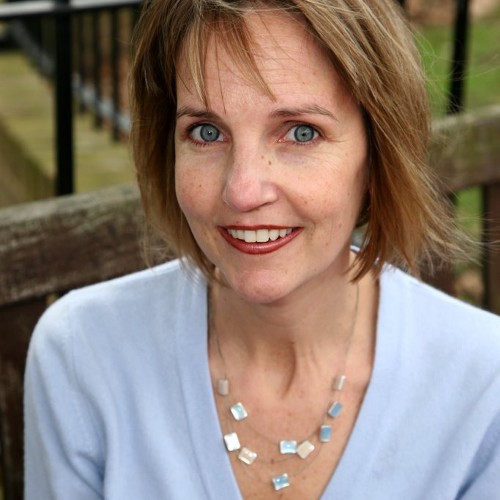I was initially reluctant to dive into Tara Westover’s international best-seller, Educated, fearful of all of the “hype.” Eventually, however, curiosity got the better of me. So when my husband started reading it for his book group this month, I grabbed it off his night stand and gobbled it down in practically one sitting.
Westover grew up poor on the edge of a mountain in rural Idaho to fundamentalist, “end of days” Mormon parents who denied her access to medical care and schooling. I grew up comfortably in a standard-issue, New York suburb, with all the trappings that go with it.
Still, there was so much in this memoir that resonated for me. When I mentioned it to a friend, she said that she thought it should be “required reading for all teenage girls.” I agree.
It should also be required reading for all grownups. Here’s why:
a. It’s about family. To say that this is a book about family is to state the obvious. Westover is the youngest of seven children, and the book is mostly about the distinct and often conflicting voices within that busy and combustible household. But the book is really about the pull that family exerts on you, even after you leave, and even – in her case – if staying means renouncing your self-hood. As the youngest child, Westover was freed up to be the risk-taker and the rebel (which in her case, amounted to leaving home to get “educated.”) As someone who left home at the age of 18 and now lives an ocean away, I could fully relate to the complex mix of regret, longing and empowerment that accompanies the decision to strike out on your own. Those feelings never fully leave you.
b. It’s about finding your own narrative. As Westover navigates the peripatetic journey that leads her towards, around and, ultimately, away from Idaho over the years, she gradually learns how to give voice to her own narrative about her upbringing. It is a narrative that is decidedly at odds with the accepted narrative most of her family maintains. I firmly believe that identifying your narrative about your family of origin is a key milestone of adulthood, right up there with learning to drive and paying your own rent for the first time. I still remember vividly the first time I felt able to articulate my take on my childhood to my mother. I was about 37. My world view didn’t square at all with her memory of events, but then again, it shouldn’t. We’re all different people who experience family in our unique ways. For me, anyway, one of the major benefits of therapy is finally crafting your own narrative and making it your truth.
c. It’s about mental illness. One of the central conflicts Westover outlines in this book is the fight between modern medicine (practiced by “outsiders,” even others within their Mormon faith) and the homeopathy her family practices at home. Within her family’s medical belief system, there is no vocabulary for mental illness. When I was growing up in the 1970s, something similar prevailed: mental illness was simply not discussed. There’s been a sea change in our cultural relationship to mental illness in the intervening years. But Westover provides a frank and chilling account of what it’s like to live in a family where mental illness goes un-diagnosed and untreated.
d. It’s about domestic violence. Without spoiling any of the plot, suffice to say that there is a lot of violence within Westover’s turbulent childhood. Some of that stems from the nature of the family’s principal livelihood, which is running a junk yard. Some of that stems from said mental illness. The need for a child to feel safe and secure is continually invoked by social workers and policy makers alike as the number one condition for sound emotional development. But you don’t have to have been subjected to routine physical violence as a child to appreciate what it’s like to grow up in a family where you don’t feel safe. As Westover comments somewhere in the book, she gradually comes to realize that the people who were meant to protect her from violence (her parents) couldn’t – or simply wouldn’t. Lack of such security generates a permanent scar and is a breeding ground for life-long anxiety.
e. It’s about how we define home. One of the main characters in this book is the mountain in Idaho – she refers to it as “Princess” – next to which Westover grows up. Despite whatever is going on between her and her family at any point in time, that mountain is a cherished friend: a reassurance – and perhaps a reminder – of some of the positive aspects of her childhood. When I go back to my home town in New Jersey, as I have on occasion over the years even though my parents moved away right after I left college, I feel the same way. What resonates most for me aren’t the scattered friends who still live there. It’s the physical surroundings: the blaze of American flags hanging from nearly every doorway…the greasy pizza parlor where I ate lunch with my high school boyfriend…the town pool where I spent many a summer swimming with my siblings, waiting for the one day per summer when my mother would agree to buy us popsicles from the Ice Cream Van. You don’t have to identify with where you came from to feel a form of love for it.
And that, perhaps, is the greatest lesson of all that I took away from this book.


